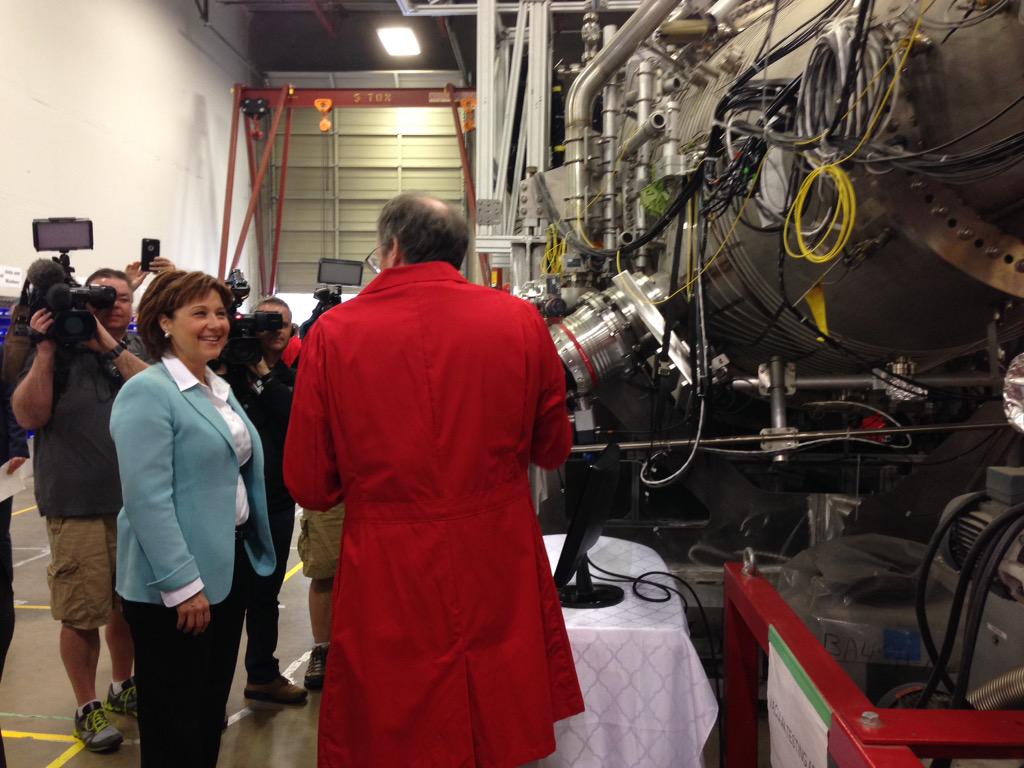Is the creation of a new “climate leadership team” a sign the B.C. Liberal government is renewing its interest in confronting the climate change issue?

Or is this simply an exercise designed to fail?
I suppose we may know the answer to these questions as early as July, when the new team is supposed to hand in a draft framework for a climate plan that seeks to reduce greenhouse emissions while at the same time expanding the economy, including creating a new liquefied natural gas industry.
And pulling off those accomplishments simultaneously will be tricky, if not impossible.
As such, it will be interesting to see if the three prominent environmental activists appointed to the new panel stick around to see things out.
Veteran Greenpeace campaigner Tzeporah Berman, the Pembina Institute’s Matt Horne and Merran Smith of Clean Energy Canada are all well known, and given their criticisms of natural resource industries in the past it’s hard to envision any of them agreeing with a plan that allows for a huge expansion of those industries.
But the Christy Clark government is attached, both politically and economically, to establishing an LNG industry in this province. As this commitment went from what seemed like a pie-in-the-sky idea before the 2013 election to being the centerpiece of the government’s economic strategy, critics began pointing out it would be impossible for the province to meet its committed targets for reducing greenhouse gas emissions by 2020 if LNG plants started being built.
And even with the establishment of this new climate action team, those criticisms have gotten even louder.
Green Party MLA Andrew Weaver, a climate scientist himself, says the government doesn’t need another panel to tell it how to meet its climate change goals. He has dismissed the latest one as a “credibility building exercise” for a government whose interest in battling climate change seems to have waned in recent years.
So how will this new climate leadership team square this circle?
Can it come up with a strategy that effectively reduces this province’s carbon footprint while at the same time accommodating a new resource industry like LNG?
The odds seemed stacked against success on this one.
I can’t see the Clark government backing away from its all-in approach to creating an LNG industry in this province.
That’s the starting point for this new climate leadership team. Whether it can cross the finish line in harmony seems to be a monumental challenge.
Keith Baldrey is chief political reporter for Global BC



Comments